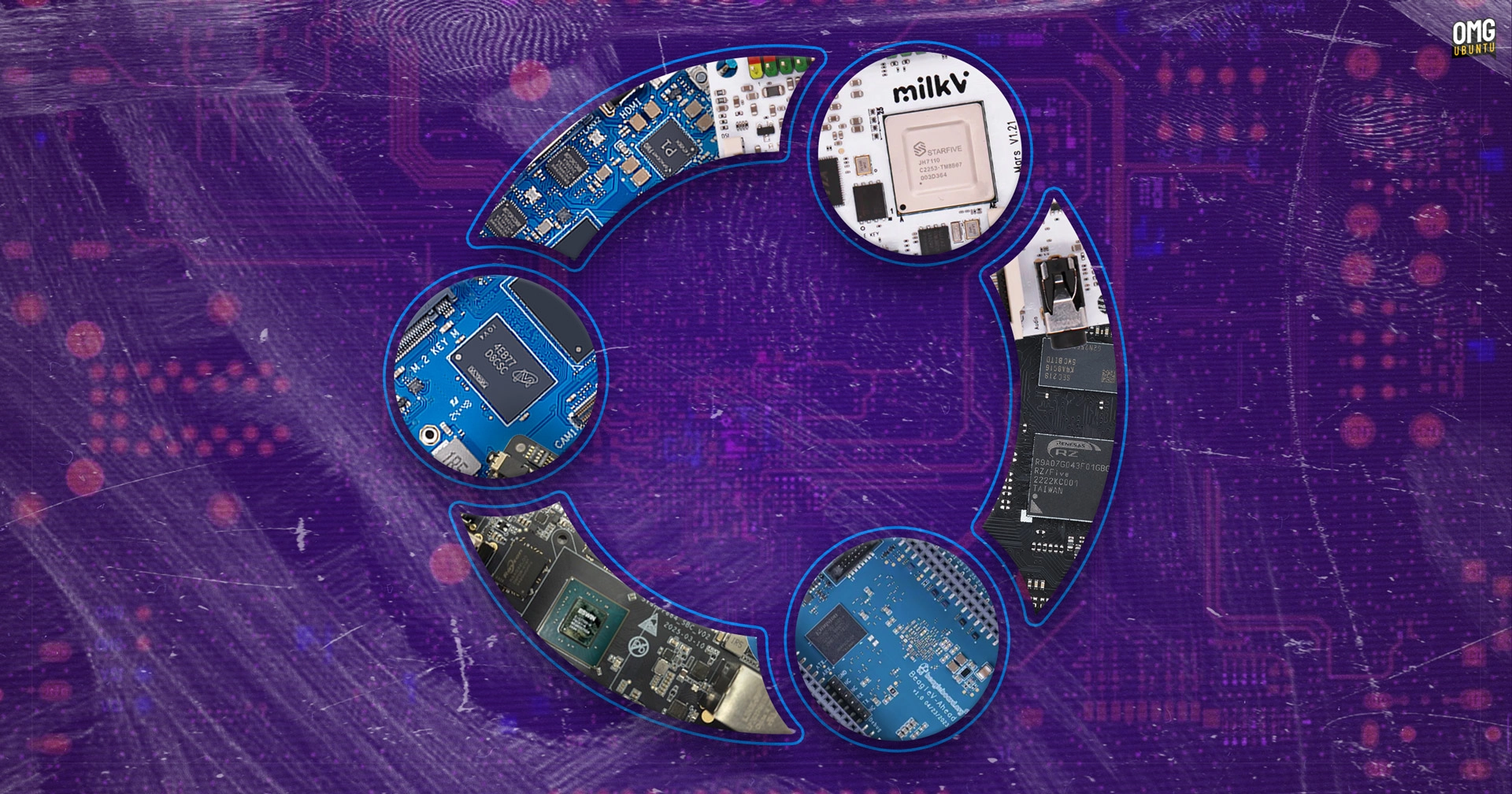Canonical is making strides in promoting Ubuntu for RISC-V devices, such as the RISC-V tablet from DeepComputing and various single-board computers. As the next long-term support (LTS) release approaches, Canonical is recalibrating its hardware support strategy with a significant change affecting future versions of Ubuntu on RISC-V platforms.
A New Baseline for RISC-V
Ubuntu 25.10 raises its baseline RISC-V ISA profile from RVA20 to RVA23. The RVA (RISC-V Vector Architecture) profile specifies the vector processing capabilities required for a RISC-V system, enabling software to depend on certain features within specific generations of RISC-V implementations.
RISC-V International emphasizes that this architecture is designed to be highly modular and extensible, incorporating an expanding set of standard extensions, each featuring a bundle of instruction-set capabilities. The RVA23 profile, which has been ratified, mandates several new extensions, including crucial Vector and Hypervisor extensions, which are essential for handling computationally intensive workloads such as AI, machine learning, cryptography, and enterprise applications.
The Vector extension allows CPUs to execute multiple operations concurrently, enhancing speed and efficiency. Many currently available RISC-V devices, including the DC-ROMA PAD II tablet, already support this extension.
Other Mandatory RVA23 Extensions Include:
- Zvfhmin: Vector minimal half-precision floating-point
- Zvbb: Vector basic bit-manipulation instructions
- Zvkt: Vector data-independent execution latency
- Zihintntl: Non-temporal locality hints
- Zicond: Integer conditional operations
- Zimop: Might-be operations
- Zcmop: Compressed might-be operations
- Zcb: Additional compressed instructions
- Zfa: Additional floating-point instructions
- Zawrs: Wait-on-reservation-set instructions
- Supm: Pointer masking
These new mandatory extensions mean better handling of floating-point calculations, enhanced bit-level manipulation for cryptographic tasks, and overall more efficient instruction management for software and operating systems running on RISC-V.
Impact on Existing Hardware
An open issue on Launchpad suggests that the “ubuntu-release-upgrader should stop upgrades beyond Ubuntu 24.04 on hardware that does not support the RVA23U64 profile,” implying that Ubuntu 25.10 and future versions will not be compatible with most current RISC-V hardware that lack the required RVA23 extensions.
However, existing hardware will still support earlier Ubuntu versions, with Ubuntu 24.04 LTS available until at least 2029. Hence, the broader impact of this transition may not be substantial considering that RISC-V adoption is still relatively niche.
Moving forward, focusing on more capable RISC-V devices could establish Ubuntu as the leading operating system in this domain. While support for RVA23-compatible devices is limited now, its landscape is likely to shift swiftly as hardware improves.
For more details on RISC-V advancements, visit RISC-V and Ubuntu 25.10.
